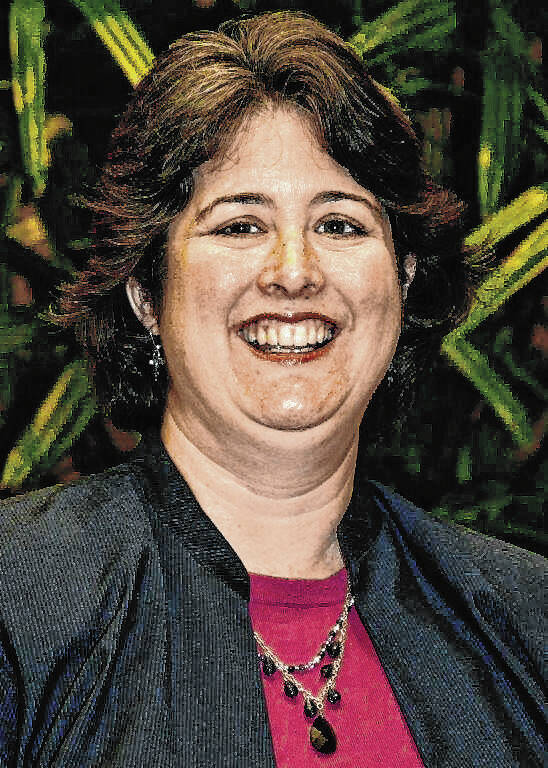Knowing when to taper off support for adult children is a difficult decision. As a parent, it is hard to watch your children struggle and sometimes fail. Our first inclination is to rush in and fix things.
However, if we never let them struggle and fail, how will they learn to be resilient, persistent and confident in their abilities to manage life?
Every family is different, and even within families, each child is different.
The circumstances of childhood and what the economic environment is like when children come of age impact their ability to thrive. I struggle with both of my sons. One is an engineer, and the other is a creative. Their paths and lives are very different, but my first inclination is to provide support for emergencies, as well as offer to pay for special experiences.
I also know they don’t always welcome my assistance.
While our children are important, at some point, parents need to stop subsidizing their everyday expenses. Housing, cellphones, subscription services, student loans and travel are some examples.
When my older son was in college, we had planned a family “college visit” to Texas for my younger son. My college son was going to Romania over spring break for a class. He asked whether I would contribute the amount of his airfare to Texas toward his trip. I declined. My reason was, I would pay for his airfare if we were going together; otherwise, he was on his own. On the flip side, we do pay for my younger son to fly home. We want him home for family celebrations and recognize his time and discretionary spending are limited.
Here are some ideas to help you work through your own decisions:
- Evaluate your financial health. Are you sacrificing retirement savings, debt reduction or emergency funds? Will helping your children make your finances more precarious now and in the future? Are there other ways you can offer support?
- Look at your child’s circumstances and their efforts to become self-sufficient. Are they still in college or a vocational program? Are they working or actively trying to find a job? Is their failure always external, or do they take responsibility? Does your support make them complacent?
- Are they making healthy money decisions and living within their means? It is all too easy to fall into the “lifestyle inflation” trap of wanting a better car, housing arrangement or experiences. Do they have saving and investment goals, and are they meeting them? Are you supporting essential spending or the nice-to-have expenses?
- What is the magnitude of support? Is it something that fits in your budget or is it hundreds or thousands of dollars?
- How long do you anticipate supporting them? We all know our children will at some point need a hand either from unemployment, a medical event or divorce. Look at what they are doing to get themselves back on track.
As parents, when we choose to provide financial assistance to our adult children, we walk a fine line between being supportive and fostering dependency. While we hate to watch them struggle and fail, our assistance — both financial and emotional needs to start with our own financial situation—do we have the capacity to help without derailing our financial stability?
If we don’t take care of ourselves financially, we risk becoming a burden to our children. I have worked with clients on both sides of the equation.
As we discuss the situation with our children, we must set clear expectations about what type of assistance can be provided and how much is comfortable, then identify how long the support can continue. One of my friends set an escalating payment expectation for her child. One month, he was responsible for his car insurance. The next month, his cellphone bill was added; the next, rent; then food; then utilities.
The long-term goal is to encourage independence, foster healthy money habits and instill confidence in your children’s abilities. As always, easier said than done.
Hahn is a certified financial planner and owner of WWA Planning and Investments in Columbus. She can be reached at 812-379-1120 or [email protected].





